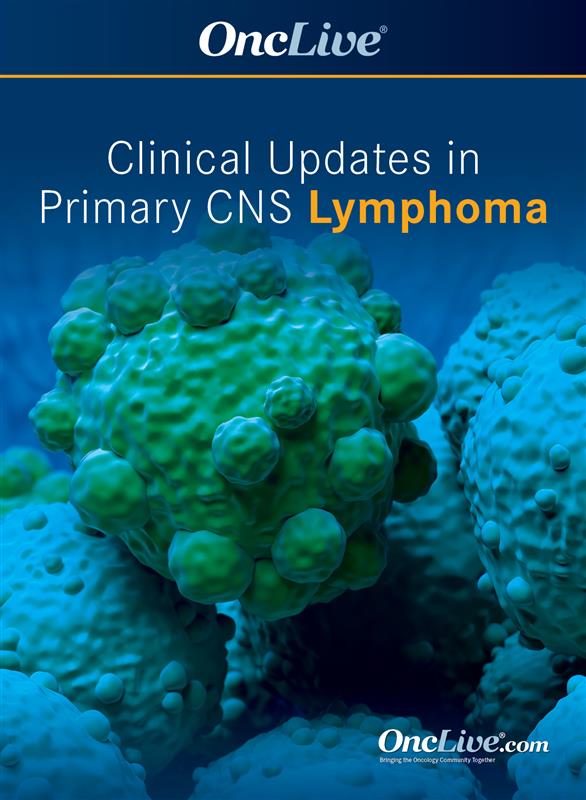Dr Asai on Final Results From a Phase 1/2 Trial of Tirabrutinib in R/R PCNSL
Katsunori Asai, MD, PhD, Department of Neurosurgery, Osaka International Cancer Institute, Osaka, Japan, discusses the use of tirabrutinib in patients with relapsed/refractory primary central nervous system lymphoma according to a phase 1/2 study (JapicCTI-173646).
Katsunori Asai, MD, PhD, Department of Neurosurgery, Osaka International Cancer Institute, Osaka, Japan, discusses the evaluation of tirabrutinib (ONO-4059) in patients with relapsed/refractory primary central nervous system lymphoma (PCNSL) in a phase 1/2 study (JapicCTI-173646).
PCNSL is an uncommon and aggressive variant of extra-nodal non-Hodgkin lymphoma (NHL) that typically occurs in the brain and cerebrospinal fluid without evidence of systemic spread. Analysis of driver genes for this tumor type have implicated BTK as a therapeutic target, supporting the investigation of BTK inhibitors for this patient population.
In this phase 1/2 study, 44 Japanese patients with relapsed/refractory PCNSL received the highly potent and selective second-generation oral BTK inhibitor tirabrutinib at dose levels of 320 mg (n = 20), 480 mg (n = 7), or 480 mg while fasting (n = 17). The trial's primary end point was overall response rate (ORR), and the data cutoff date for the final analysis was April 27, 2022.
Interim data from this trial were previously reported with 14.9 months of median follow-up and led to the agent's approval in Japan for the treatment of patinets with relapsed or refractory PCNSL.
Data from a final 3-year follow-up analysis of the study demonstrated that the agent produced durable responses in this population, with an ORR of 63.6% in all patients, 60.0% for those given the 320 mg dose, 100% for those given the 480 mg dose, and 52.9% for the 480-mg fasting group, Asai reports. Moreover, the duration of response (DOR) in all patients was 9.2 months. In the 320-mg, 480-mg, and 480-mg fasting groups, the median DOR was 3.7 months, 10.2 months, and 12.1 months, respectively.
Median overall survival (OS) was not reached all patient groups and the 480-mg fasting group. Three-year OS rates were 56.7% and 52.9% in the overall population and 480-mg fasting group, respectively. Regarding progression-free survival (PFS), the total population had a median PFS of 2.9 months and a 36-month PFS rate of 13.9%, Asai states. These measures were 5.8 months and 19%, respectively, in the 480-mg fasting group, he adds. Safety findings were consistent with the agent's previously reported profile.
Tirabrutinib was granted an orphan drug designation by the FDA for this patient population in March 2023. The agent is currently under investigation in the ongoing phase 2 PROSPECT trial (NCT04947319).
Disclosures: Dr. Asai reports having received institutional research funding from Ono Pharmaceuticals.




